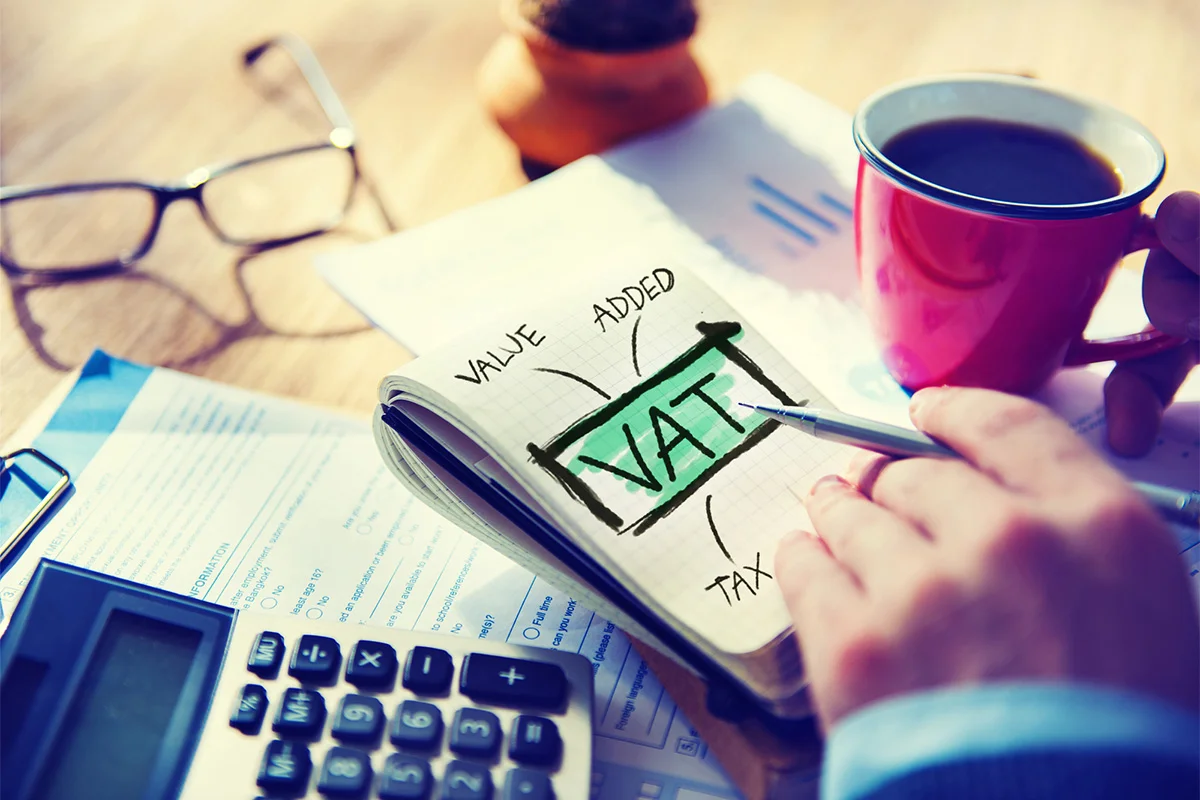
Adapting to New VAT Regulations: Key Strategies for Compliance
Since the UAE introduced Value Added Tax (VAT) in 2018, businesses have had to adapt to a new layer of regulatory compliance. While the VAT framework is now well-established, changes in rules and procedures can still pose challenges for businesses. This article outlines key strategies for staying compliant with the latest VAT regulations.
Understanding VAT in the UAE
VAT is a consumption tax imposed on goods and services at each stage of production or distribution. The current VAT rate in the UAE is 5%, which applies to most transactions, with some exceptions (such as education, healthcare, and residential property transactions). Businesses registered for VAT must collect VAT from their customers and remit it to the Federal Tax Authority (FTA).
Recent Changes in VAT Compliance
The UAE’s VAT regulations are subject to periodic updates, often based on global tax trends or local economic changes. Recent adjustments in VAT procedures include:
- Updated VAT return filing deadlines: Businesses must adhere to new filing timelines, which require returns to be submitted and payments made quarterly or monthly, depending on the business’s revenue.
- Clarified guidelines on VAT exemptions and zero-rating: Updated clarifications have been issued on which goods and services are exempt or subject to zero-rating, especially in industries like education, real estate, and international transport.
- Stricter penalties for late filings and misreporting: Late submissions and incorrect filings now incur heavier fines and penalties, prompting businesses to ensure accurate reporting and on-time filing.
Key Strategies for VAT Compliance
1. Register and Stay Updated on VAT Changes
Ensure your business is VAT-registered and regularly monitor any changes to the tax rules. If your business grows, you may be required to move from quarterly to monthly VAT reporting, which will require closer financial management.
2. Maintain Accurate Records
One of the most critical aspects of VAT compliance is maintaining detailed and accurate financial records. This includes sales invoices, expense receipts, import/export documentation, and VAT accounting ledgers. The FTA mandates businesses to retain these records for **five years** for auditing purposes.
3. Implement Automated VAT Accounting
To reduce the risk of errors and ensure accurate VAT reporting, consider implementing VAT-compliant accounting software. Many cloud-based solutions can automate the collection, calculation, and reporting of VAT, minimizing manual errors and streamlining the filing process.
4. Use VAT Planning for Cash Flow Optimization
VAT impacts cash flow, especially for businesses dealing with large volumes of transactions. Implementing effective VAT planning ensures that your business claims all available VAT refunds and avoids overpaying. You can optimize cash flow by carefully managing when VAT payments are due versus when input VAT credits can be claimed.
5. Ensure VAT Compliance for Imports and Exports
Cross-border transactions are subject to special VAT rules. Ensure that you understand the VAT treatment for goods and services traded with foreign countries, including reverse charges, import VAT, and the handling of exports that are zero-rated.
Final Thoughts
Staying compliant with VAT regulations requires regular updates to your processes, clear record-keeping, and an understanding of the ever-evolving tax laws. By implementing these strategies, your business can avoid penalties, optimize cash flow, and maintain compliance.
At 180CFO, we offer VAT advisory and compliance services that ensure your business